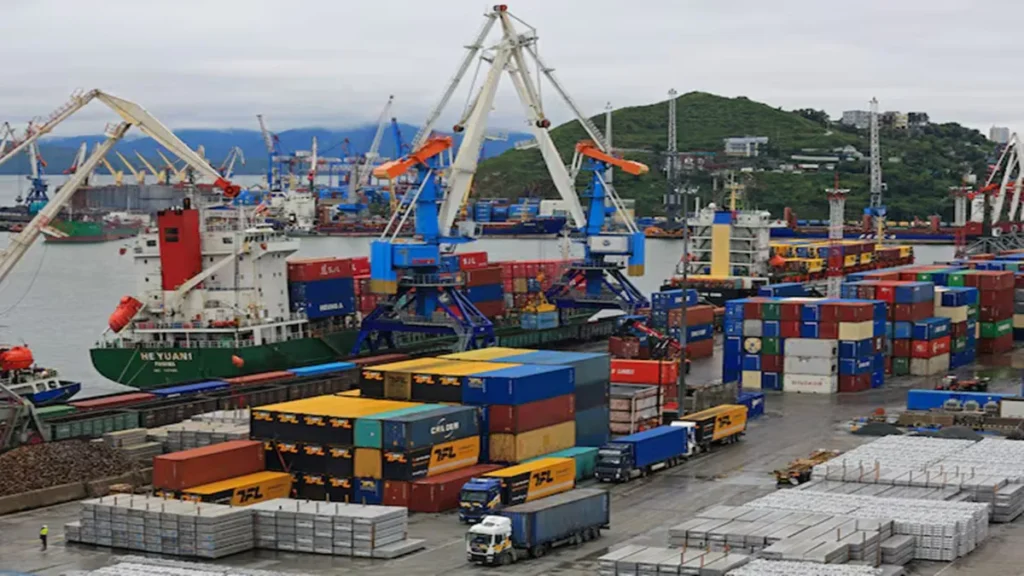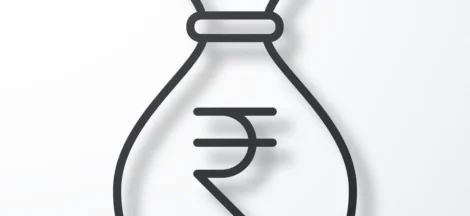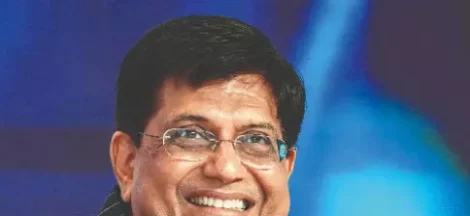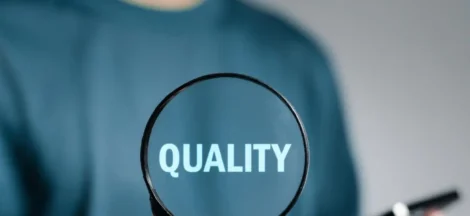NEW DELHI: As the shake-up of the world trade by US President Donald Trump has brought back tariffs at the centre stage again, “many developed countries” have indicated to India that they are willing to relax their stands on non-trade issues like sustainability in the free trade agreement (FTA) negotiations for early deals, according to an official.
The positive signals from these trading partners would help India to diversify its merchandise trade basket, and minimise negative effects of the additional US tariffs on its exports. Currently, the US accounts for 18% of India’s goods exports. It is important for India to gain from the supply chain reorganisation that the US’s highly disruptive act might cause, and more FTAs with other major trading partners like the European Union and the UK have now become more crucial for New Delhi.
Experts also feel India should allow the rupee to depreciate and find its real place with even lesser intervention by the central bank to prop up it up. This could also come to the aid of exporters from various sector to keep or increase their competitive edge and pricing powers in key export markets in the new scenario.
Developed countries have low import duties on most industrial products so in their FTAs with developing countries, they push for inclusion of issues not directly linked to trade like competition, gender, labour standards, small and medium enterprises and intellectual property protection. This is their way of regulating imports from countries with whom they sign an FTA when tariffs will come down even further.
“Many countries are now saying that the issues not directly linked to trade can be looked at later. The countries who used to insist on agreements on issues like sustainability and climate change in the FTAs are now willing to focus on core issues of trade. Now gradually countries are saying that let’s start business, we will look into the rest of the extraneous issues later,” the official said. The source, however, refused to name the countries.
These non trade issues have gradually made their way into FTAs worldwide and tariffs are now just one of the chapters in these agreements. India-UK FTA has 26 chapters or policy areas while the trade agreement with the European Union has 23.
India and the EU have set a deadline of this year to conclude their FTA. The issues in the FTA include SMEs, anti-competitive conduct, merger control, sustainable food systems, state-owned enterprises, energy and raw materials.
“Big countries which trouble us a lot regarding sustainability, climate. Everything has become cold,” the official added
The relaxation in the stand by EU on trade matters is also visible in the changes that it is proposing in the Carbon Border Adjustment Mechanism (CBAM). It has already started the process of easing compliances under the CBAM that will put extra tax on imports of select products where at the production stage carbon emissions are more than EU benchmarks. The proposed changes effectively exempt micro, small and medium from the scope of CBAM, the official said.
Under the changes proposed EU businesses importing less than 50 tonnes of CBAM goods annually into the region will be exempt from CBAM. Similarly manufacturers engaged only in finishing processes for steel and aluminium will no longer need to report emission from these processes. This would be a big relief for engineering goods exporters to the EU.
The products covered by EU’s CBAM are cement, iron and steel, aluminium, fertilizers, electricity and hydrogen. While the tax under CBAM will start from January next year, the reporting on emissions at the production stage of select products imported by the EU has begun.
Other countries that were thinking of replicating CBAM will also go slow as tariffs war brings back focus on import duties, the official added.
Source: The Financial Express




 New CPI Series From February 2026 To Include Rural Housing Inflation
New CPI Series From February 2026 To Include Rural Housing Inflation 